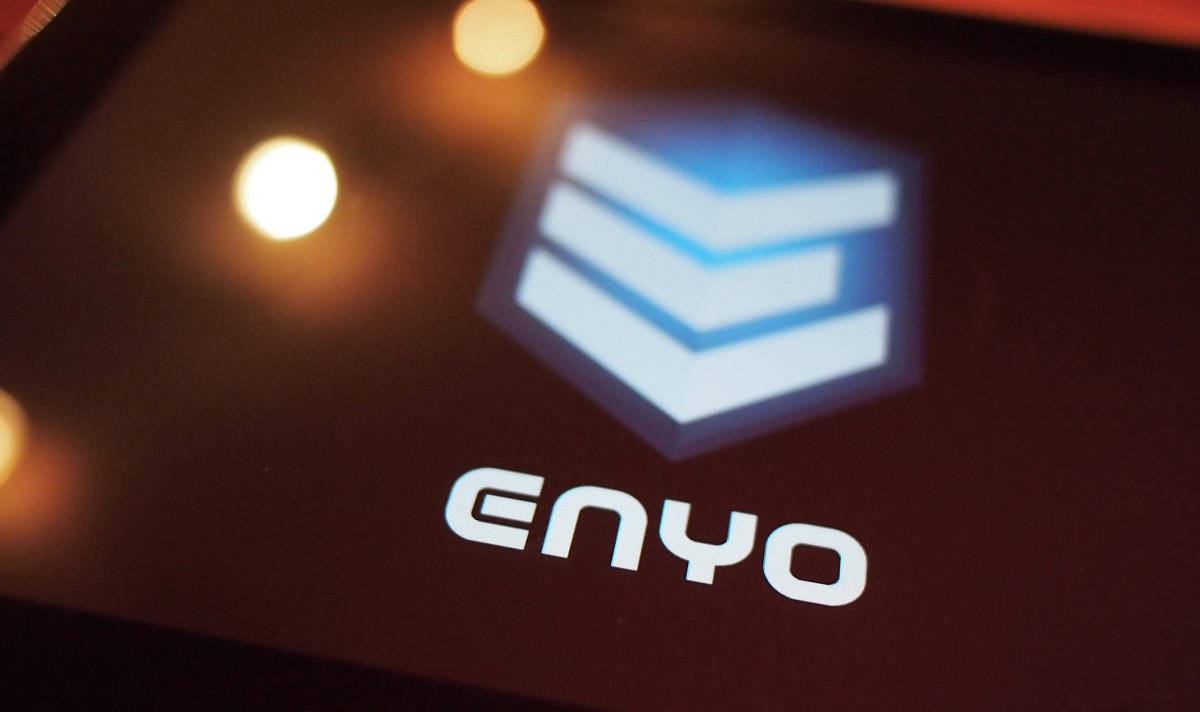Want webOS on your Android tablet? HP hopes so

You may or may not have seen HP's plans from last month on open-sourcing webOS. We did, and had a few words to say ourselves. HP has now good on releasing a roadmap for its open-source release and is fully open-sourcing the Enyo application framework. But what does all this mean for the Android crowd? In the short term it means you'll be seeing at least a few webOS apps made available for Android. In the longer term it means you're likely to see a day where the tables are turned and you can install webOS on Android tablets (instead of the other way around).
We'll tackle the apps thing first -- HP this week released the source code for the Enyo application framework. At its core Enyo is based on web tech like everything webOS (whereas the Android framework is based around Java). As an application framework, Enyo is the language webOS developers use to build their apps and serves as an intermediary to raw web code. The user interface trademark of Enyo is the use of sliding panels, both popping in from the sides and stacking up for adjustable multi-column interfaces. In that regard it's not that different from the Fragments concept introduced for app development for Honeycomb.
Going open-source means that developers who have written in Enyo can compile apps to be loaded in a browser or on web app-supporting operating systems with little issue. In fact, it's already happening -- multiple webOS Enyo apps are available through WebKit-based web browsers and at least one, an Instapaper client called Paper Mache, is available now in the Android Market. Of course, there's some tweaking that'll have to be done to make things nice and smooth, but apps like Paper Mache look and behave (minus the lag and jitter) exactly as they do on webOS.
The second major announcement was that HP is dumping their custom kernel and coopting the standard Linux kernel for use in Open webOS. This is the basic principle behind Android's kernel by making the switch webOS will gain support for a wide breadth of hardware. Where there's Cyanogen for the Android Open Source Project we certainly expect the same to happen with webOS. The question is … will anybody want to install it?
Derek Kesser is editor of webOSNation.com.
Be an expert in 5 minutes
Get the latest news from Android Central, your trusted companion in the world of Android
Derek Kessler is Special Projects Manager for Mobile Nations. He's been writing about tech since 2009, has far more phones than is considered humane, still carries a torch for Palm (the old one), and got a Tesla because it was the biggest gadget he could find. You can follow him on Twitter at @derekakessler.
